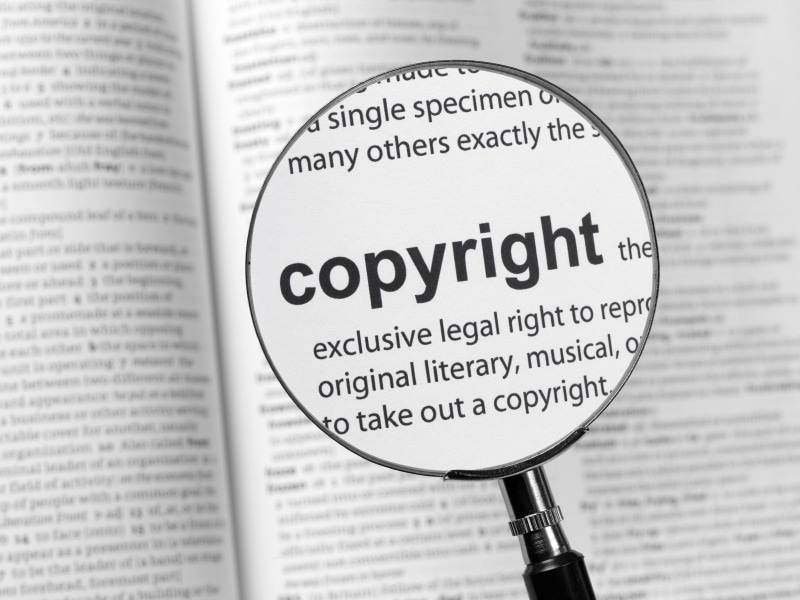Amazon’s zapping of customer’s Kindle library shows why we need library-provided ‘content lockers’ for e-books and perhaps other media


The most likely scenario here, as guessed at by BoingBoing, is that the Norwegian customer simply lived outside of the territories for authorized purchases.
While I love content providers—I’m one myself—Amazon’s latest action shows why the Digital Public Library of America or another nonprofit needs to get into the business of offering digital lockers to safe-keep books and other content downloaded from retail outlets and elsewhere. Let the laws be changed if need be to require publishers and retailers to cooperate with library-controlled digital lockers.
If publishers insist on DRM, which I would much rather they not, this is all the more reason why library patrons need digital lockers. I’ve lost a few books myself because of changing DRM standards. Microsoft’s phasing out of Microsoft Reader is yet another indication of the need for protection against the impermanence of DRM and proprietary formats, even if for now customers can still access previous purchases. Better that typical books be in ePub anyhow. If nothing else, libraries should have the express legal right to convert books to ePub for digital lockers and other uses, both in terms of accessibility and consumer rights.
Along the way, such lockers would be one way for DPLA-powered libraries to engage even the taxpayers who normally didn’t rely on libraries for books and other content. Links in the locker could direct them to library offerings and ideally make regular patrons of them.
Yes, if need be customers could pay storage charges, but in many cases, there would be no storage in the customers’ lockers but rather links to master files elsewhere. Consisting mostly of text, not images, most books don’t take up that much space anyway.
Ironically, despite the howls that might come from retailers and some publishers, the locker arrangement would actually help sales of the best stores and houses since readers could more confidently buy E. Stores, as has been noted, could add value through social media. I’d like to see libraries able to sell and rent books, but I believe they should also provide store-related links—we need a variety of business models.
Over the centuries, a major attraction of books has been their permanence; DRM and the zapping of personal libraries can only detract from the glory of the medium, and the time has come for corrective actions such as the proposed lockers. Besides, hasn’t Random House said that libraries themselves should be able to own books for real and lend them within the bounds of fair use? The locker proposal would certainly be in the same spirit, and I’d hope that Random House would see virtues here.
As I see it, the content lockers could preserve not just commercially originated media, but also items originated by library patrons, including family photos and other content that patrons are now entrusting to Facebook.
In fact, I continue to see libraries as potential Facebook alternatives, with help from possible partners such as local newspapers.
Detail: Patrons’ digital lockers could actually carry the brands of local libraries even though the content resided on DPLA servers and backups elsewhere.
(Original item from Martin Bekkelund.)
reposted with permission from Library City


Comments
Brad Linder October 22, 2012 um 11:46 am
Libraries aren’t necessarily the answer. I accidentally let my library card expire a month or two ago (I’m surprised I never received any advance notice via email or snail mail), and while I wait for it to be re-activated I haven’t been able to access any of my digital content (including a very long wishlist) for weeks.
I’m not entirely sure it’ll still be there if/when my card is re-activated.
These sorts of risks are associated with relying on *any* third party to store your digital goods.
Greg M. October 22, 2012 um 11:52 am
For ebook purchases not made at Amazon, I save the file to my cloud drive. That works.
I think the chances of Amazon zapping all my books is slim. If I were a betting man I 'd give better odds of a house fire destroying my collection of physical books. Those can’t be backed up.
David Rothman October 22, 2012 um 12:06 pm
Hey, the more redundancy of storage, the better – given the risks of digital media. What’s more, not everyone may deal successfully with the DRM issue. I’d like everyone to be able to confidently own e-books for real.
David
Eric October 22, 2012 um 12:07 pm
Digital Public Library of America link should just be http://dp.la. Current link goes to a 404.
Nate Hoffelder October 22, 2012 um 3:34 pm
Good idea. Unfortunately for me someone already registered the domain.
Tyler October 22, 2012 um 10:24 pm
I have all of my books stored on my Sony E Reader with the DRM removed. It is not connected to any wifi. That is the e reader, I read off of. My books are also stored on my computer and I have a backup drive for my files. While I still use other readers, I certainly distrust my books to Amazon or Barnes and Noble or Kobo.
Didier October 26, 2012 um 4:51 am
Either we multiply the number of storage locations and methods (which is a waste of money, resources and time) or we trust a third party (which is a dependency, a risk and a lack of control). The choice belongs to the reader depending on his character.
Nothing yet is perfect.